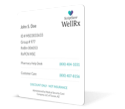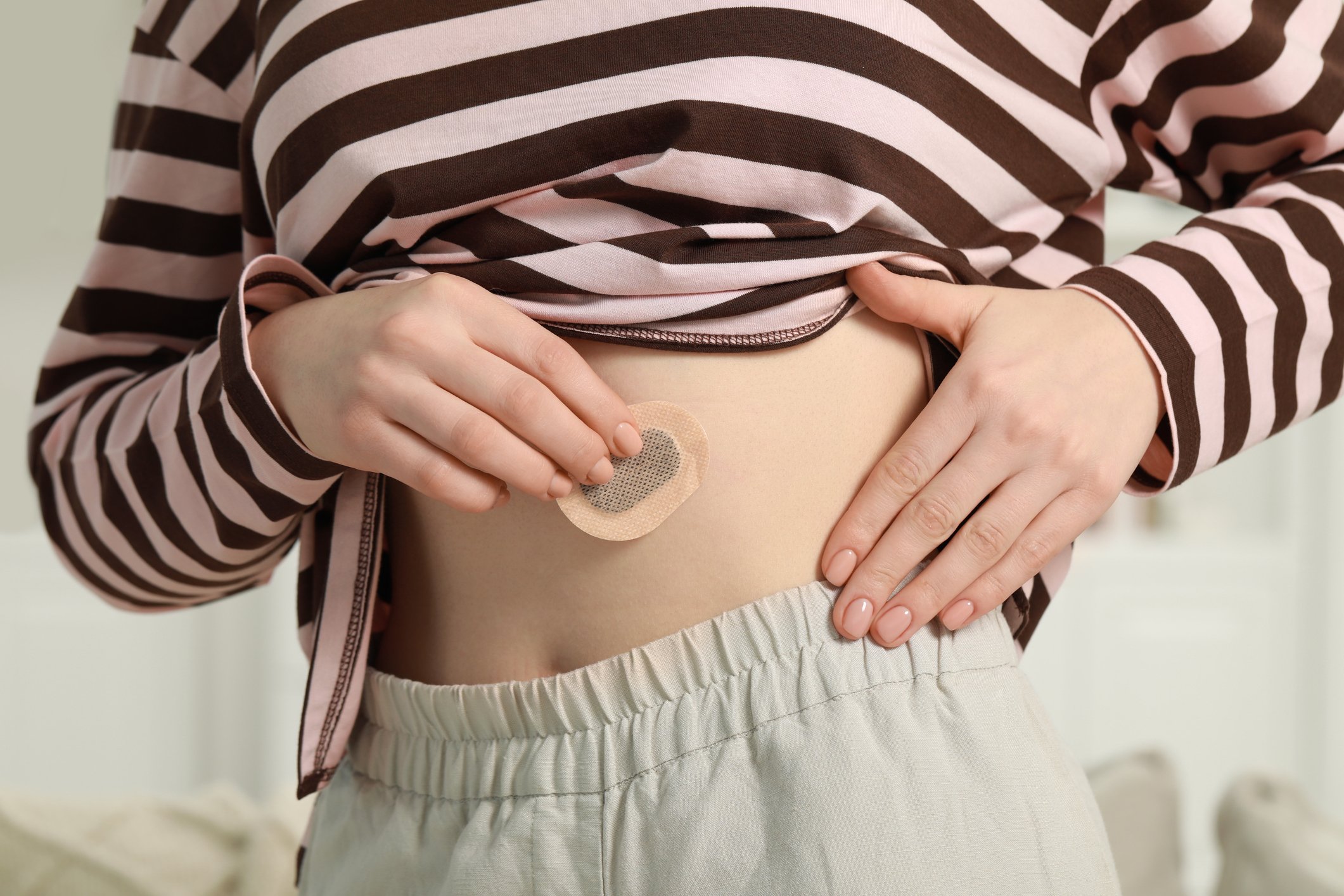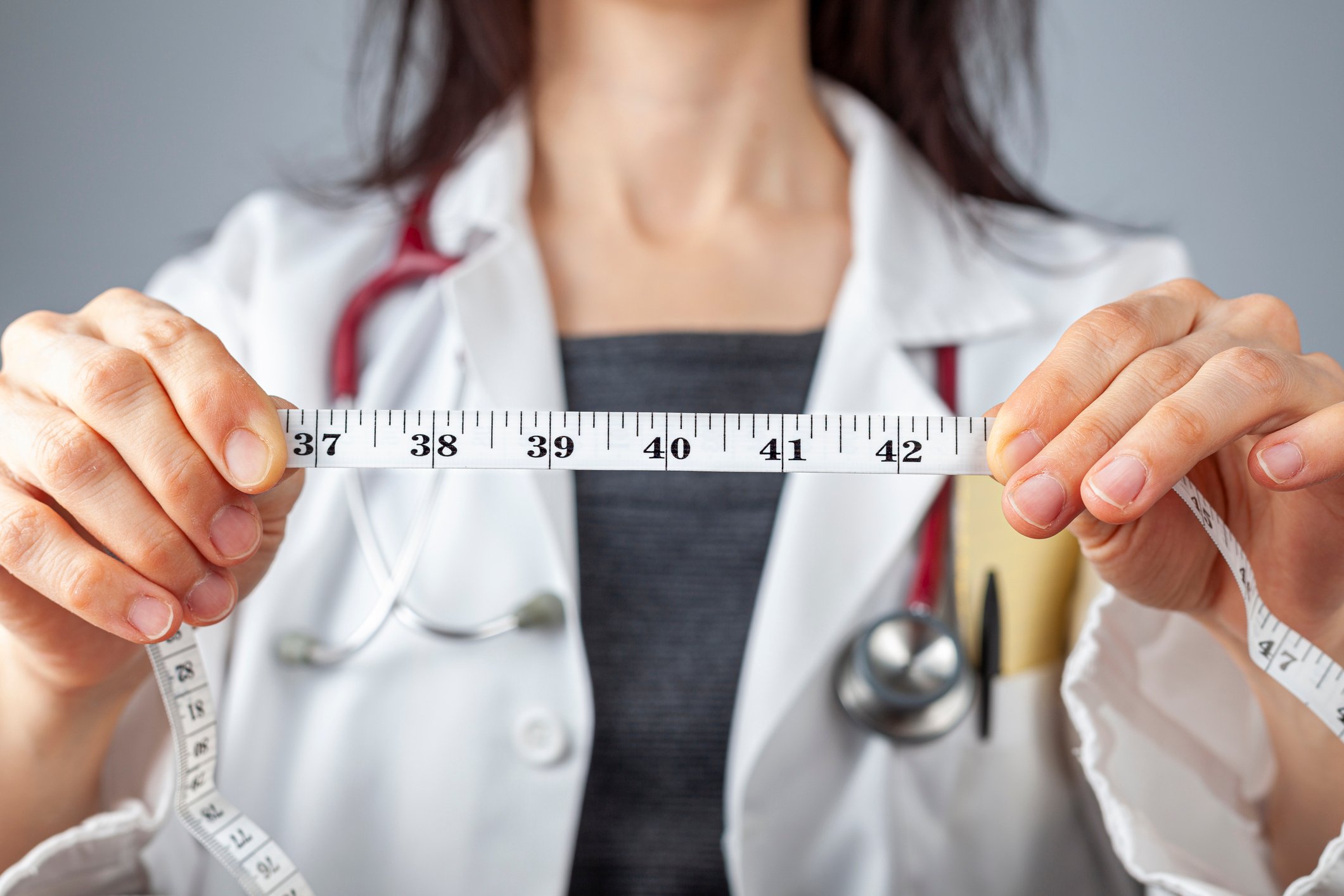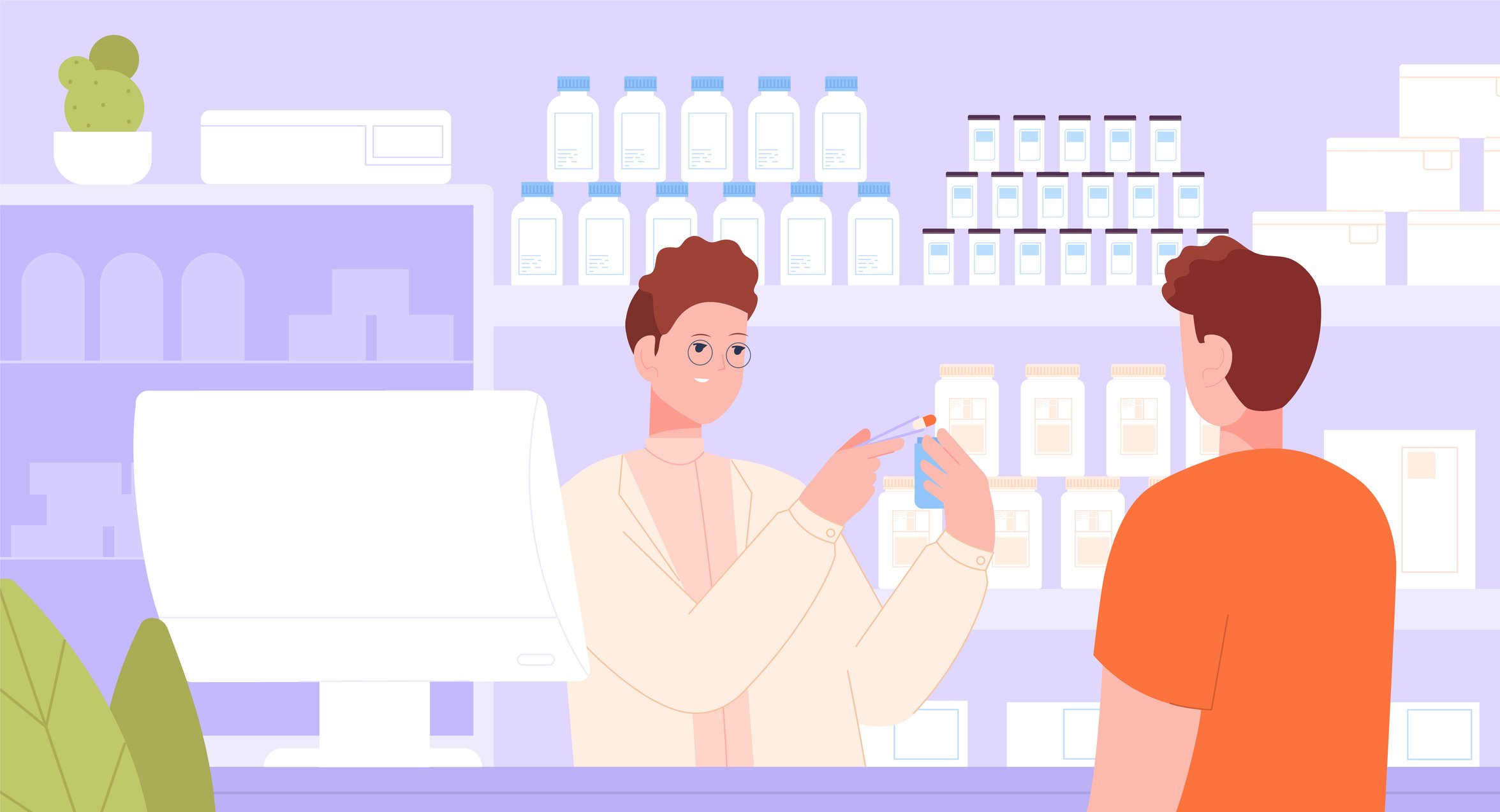Potential Benefits and Risks of Testosterone Therapy (TRT)
By Lucas Rolwes, PharmD Candidate 2021,
St. Louis College of Pharmacy
September 25, 2020
Prescription Drugs, Your Health & Wellness

Testosterone is a hormone that affects many functions of the body. A decrease in testosterone that many experience as a natural part of aging can bring about significant physical and emotional changes.
If you've been diagnosed with abnormally low testosterone (low T), testosterone replacement therapy (TRT) can be of benefits, but there are risks, too.
Keep reading to learn what you need to know before you start TRT.
What is testosterone therapy?
Testosterone Replacement Therapy (TRT) is the administration of natural hormones to relieve symptoms of low testosterone in men. As men age, their bodies begin to produce less testosterone which can lead to symptoms like: decreased libido, erectile dysfunction, and loss of bone and muscle mass.1 Low-testosterone is diagnosed by your doctor through a series of blood tests that measure your natural production of different hormones. Testosterone Replacement Therapy can help in maintaining a normal level of testosterone, which has been linked to several health benefits in aging men.
Potential benefits of testosterone therapy
Taking testosterone can help relieve symptoms associated with a decline in testosterone as you age. In addition to those noted above, other symptoms associated with low testosterone include2:
- Loss of body hair
- Breast pain
- Hot flushes, sweats
- Changes in fat distribution
Along with symptom relief, several health benefits have been shown from hormone therapy in men with clinically diagnosed low testosterone. Testosterone therapy has been shown to increase fat-free muscle mass as well as increase bone mineral density.2 Men who have not completely undergone puberty can receive testosterone therapy to help development of sex organs, hair growth, deepening of voice, and to help increase bone and muscle growth.2
Who should take testosterone and what are the risks of testosterone therapy?
Men who have low blood levels of testosterone and are experiencing symptoms of low testosterone may see relief and benefit from taking testosterone. Men who have metastatic prostate cancer, breast cancer, obstructive sleep apnea, uncontrolled heart failure, or a desire to be fertile in the future should not take testosterone.2
Some of the common side effects of testosterone therapy include:
- Acne and oily skin
- Decreased sperm count and fertility
- Thickening of blood
- Worsening of sleep apnea
Comparison of different testosterone products
|
Dosage Form |
Advantages |
Disadvantages |
Frequency |
|
Injectable |
|
Levels decline until the next dose |
Every 2 weeks |
|
Nasal |
Levels normalize in 40 minutes |
|
Three times a day |
|
Topical patch |
|
Skin irritation common |
Once a day |
|
Topical Gel |
Once-daily dosing |
|
Once a day |
|
Buccal |
|
|
Twice a day |
Natural ways to increase testosterone
- Decrease life stress: High levels of stress can affect testosterone production.
- Exercise and diet: Exercising three times per week and eating a low-calorie diet have been shown to help increase testosterone.
- Sleep habits: Improving the quality and duration of sleep has a positive effect on increasing testosterone levels.
- Weight loss: Obesity has been shown to cause a more rapid decline in testosterone levels of aging men. Losing weight has been shown to help increase natural testosterone levels.
If you think you may be experiencing the effects of low testosterone, talk to your healthcare provider to find out if Testosterone Replacement Therapy is right for you.
References:
- Kaufman JM, Lapauw B, Mahmoud A, T’Sjoen G, Huhtaniemi IT. Aging and the male reproductive system. Endocrine Reviews. 2019;40(4):906-972.
- Bhasin S, Brito J, Cunningham GR, et al. Testosterone therapy in men with hypogonadism: an Endocrine Society clinical practice guideline. JCEM. 2018;103(5):1715-1744.
- Luthy KE, Williams C, Freeborn D, Cook A. Comparison of testosterone replacement therapy medications in the treatment of hypogonadism. JNP. 2017; 13(4):241-249.
- Barbonetti, A, D’Andrea, S, Francavilla, S. Testosterone replacement therapy. Andrology. 2020;00:1– 16.
- Lo EM, Rodriguez K, Pastuszack AW, Khera M. Alternatives to testosterone therapy: a review. Sex Med Rev. 2018;6:106-113.
Recommended Articles









